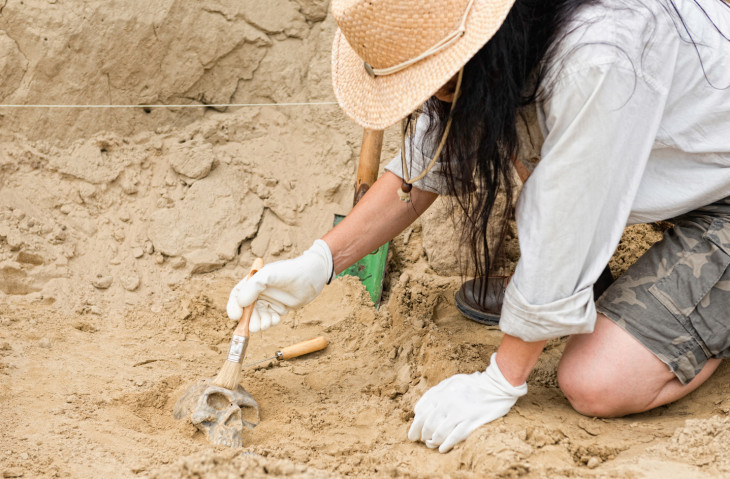Commonly, archaeologists and anthropologists live in the community they are studying. A PhD or a master's degree is required in archaeology or anthropology; however, bachelor degree holders may obtain employment as fieldworkers or assistants.
Education & Training
Most archaeologists and anthropologists who earn a master's degree in archaeology or anthropology may qualify for numerous positions. The majority of master's degree programs are 2 years in length and include field research.
For jobs that need advanced technical knowledge and leadership skills, a PhD may be required. For instance, in order to direct project sites out of North America, archaeologists and anthropologists often require a PhD to meet the requirements set forth by foreign governments. PhD students may spend between 12 and 30 months doing field research to satisfy their dissertation; therefore, it takes numerous additional years of study beyond a master's degree to obtain.
Individuals with a bachelor's degree in archaeology and anthropology who have obtained work experience via field school or an internship may work as lab assistants or technicians. If one wishes to advance farther than entry-level, they require a master's degree.
Those with a PhD in archaeology or anthropology may become museum curators or professors.
Other Experience
Archaeology and anthropology programs typically require work experience in order to get a job. Training in numerous research methods is also helpful. Internships with non-profit organizations, historical societies and museums and field training offer students experience while they obtain their degree.
Archaeology and anthropology students often spend a portion of their graduate program conducting community-based research or field research. This experience can lead to working abroad. Archaeological field schools are another way for teaching students excavating techniques. Learning how to handle archaeological sites, how to record and interpret data are extremely vital.
Skills and Qualities that will Help
Critical-Thinking Skills: Archaeologists and anthropologists need to conduct numerous observations and research methods including laboratory experiments in order to draw logical conclusions.
Analytical Skills: Archaeologists and anthropologists rely on knowledge to conduct their research including data and scientific methods.
Writing Skills: Reports are a large part of archaeologists' and anthropologists' work as they have to describe their findings in detail. Many of their results are published in public interest forums and scholarly journals.
Investigative Skills: It is critical that archaeologists and anthropologists explore and discover a multitude of facts pertaining to their research. Minute pieces of information are combined in order to answer research queries and to solve issues.









